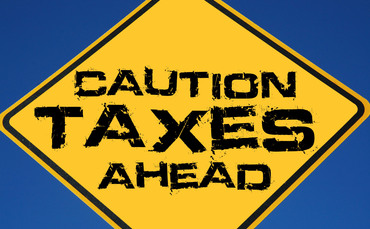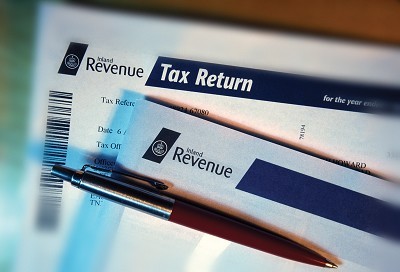Top tax tips for your new business
One of the most important tasks to be completed in the process of setting up…
One of the most important tasks to be completed in the process of setting up a business is making sure that the registration and paperwork are correct as far as taxation is concerned. Creating this basic foundation for financial planning is necessary to prevent nasty surprises further down the road, and yet it is surprising how many small businesses can make mistakes when getting the essentials into place.
Why tax responsibilities are important
For the various administrative authorities, the correct completion of the necessary paperwork for taxation purposes is probably the most important dimension for small businesses. Unless particular licences are required, including for alcohol sales or construction work, it is the initial registration of the business and the annual tax assessment that are most carefully examined from an administrative point of view. For this reason alone, it is important for business owners to understand the implications of the current tax regulations.
Ensuring that a business is properly registered
The initial building block for the administration of a new company is the registration process. This defines the type and size of the company and therefore also the tax liabilities of the company. In the simplest small business, if an individual registers as a self-employed sole trader, then they become responsible for their own tax and national insurance. This requires business records and an annual taxation self-assessment, as does operation as an independent contractor. Partnerships require additional special tax return forms from HM Revenue and Customs.
Most services and goods are also potentially liable for value added tax (VAT), and registration for VAT is obligatory if annual turnover rises above a threshold value (currently £79,000). If the registration is as a limited company, or if employees are hired, then further paperwork will be required for annual returns and PAYE.

Tips on record keeping and budgeting for tax
Good business records, covering all income and all expenditure, are essential for the smooth running of any business. Good records can also support any claims for tax relief, to the benefit of the business. Records do not need to be over-complicated, and a small business with very few transactions per month can keep records on a single-entry accounting basis. This means simply recording the money in, with any VAT amount, the money out, with any VAT amount, and the respective totals. The column totals for VAT will be used to calculate the VAT liability of the business, and so it is important not to spend the revenue gathered from VAT. Instead, this money can be kept in a business bank account, where it is readily available for payment to the tax authorities upon demand.
Similarly, an estimate of the expected annual self-assessment can be made at the beginning of the business year, and the amount of income tax and national insurance indicated on this can be put aside in the business bank account as the income is earned through the year. This means that when tax payment is due, the funds have already been earmarked and saved for this purpose.







